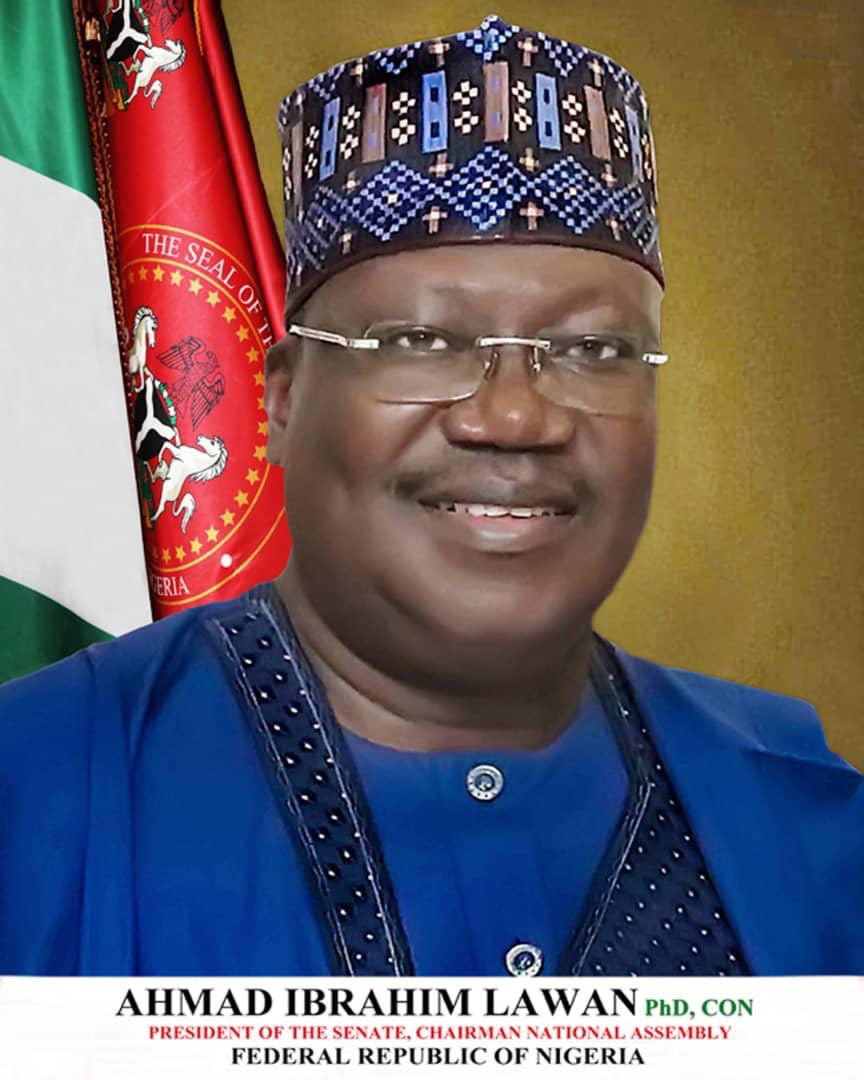The Senate on Wednesday approved the sum of N982.729 billion as supplementary budget for the 2021 fiscal year.
The approved sum represents an upward review of N86.9 billion from the initial amount of N895.842 billion transmitted to the National Assembly by President Muhammadu Buhari about two weeks ago.
The passage of the supplementary Appropriation Bill 2021, followed the consideration of a report by the Committee on Appropriation during plenary.
Accordingly, out of the total sum of N982,729,695,343 billion passed, N123,332,174,164 billion is for Recurrent (Non-Debt) Expenditure; and N859,397,521,179 billion as contribution to the Development Fund for Capital Expenditure.
Chairman of the Appropriation Committee, Senator Barau Jibrin, in his presentation explained that the sum of N45.63 billion required for COVID-19 vaccine Programme would be sourced through existing World Bank Loan as well as other Grants.
He added that the balance of N37.93 billion would be sourced from Special Reserve/Levy Accounts comprising: TSA (Foreign currency component) – N25 billion; MOFI CHQ optional – N5 billion; and Foreign Revenue E-Collection – N30 billion; 65 percent Wheat Floor Levy – N15 billion; 5.15 percent Wheat Grain Levy – N15 billion; and Rolled-Over Capital (unspent) – N5 billion.
The lawmaker disclosed that the balance of N722.40 billion which is for capital expenditure on procurement of additional equipment for the security and capital supplementation would be sourced from new borrowing.
Barau explained that the Committee in line with the harmonised position with its House of Representatives counterpart recommended an upward review of the funding of some Security Agencies that were grossly underfunded or not funded in the supplementary Appropriation Bill.
The lawmaker listed the Agencies to include the Nigerian Navy, Ministry of Police Affairs, Defence Intelligence Agency, Department of State Security Services (DSS) and Economic and Financial Crimes Commission (EFCC).
A breakdown of Capital Expenditure for Ministries, Departments and Agencies of Government in the supplementary budget shows that N8,500,000,000 was approved for the Ministry of Police Affairs; N22,586,121,511 for Police Formations and Command; N33,673,461,231 for the Defence Headquarter; N207,543,863,993 for the Nigerian Army; N157,780,421,836 – Nigerian Navy; N239,477,882,473 – Nigerian Air Force; N43,326,943,687 – Defence Space Administration; and N16,887,229,426 – Defence Intelligence Agency.
Others include: Nigeria Security and Civil Defence Corps – N14,822,575,648; Office of the National Security Adviser – N17,000,000,000; Department of State Services – N17,500,000,000; National Intelligence Agency – N4,870,350,000; Economic and Financial Crimes Commission (EFCC) – N3,500,000,000; and National Agency For the Control of AIDS (NACA) – N1,685,000,000.
Under the Federal Ministry of Health, the sum of N2,800,000,00 was approved for the procurement of Molecular Laboratory Equipments to Hospitals (N300m), National Orthopedic Hospital, Igbobi (N300m), National Eye Centre, Kaduna (N300m), National Fistula Centre, Abakaliki (N300m), National Fistula Hospital, Sokoto (N300m), Federal Neuro-Psychiatric Hospital, Calabar (N300m), University of Nigeria Teaching Hospital (N300m), Federal Medical Centre Asaba Annex Aniocha (N300m) and FMC Nguru (N400m).
In addition, the sum of N6,715,338,874 was approved for the Procurement and Installation of New Oxygen Plants Nationwide and Repairs of Oxygen Plants in FCT Hospitals; and N60,728,332,500 for Vaccines Procurement Cost (Federal Government of Nigeria Funding – $298,500,000 for 29.85 million Johnson & Johnson Vaccines.

